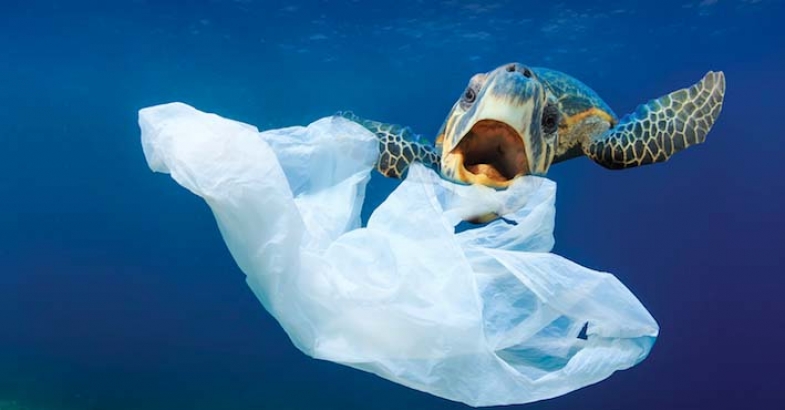Good news, a container deposit scheme is going to happen. The NSW Premier announced on 8 May that a scheme based on the Boomerang Alliance’s proposal would be introduced on 1 July 2017. Mike Baird claimed this would be a world-class scheme. The ACT will use the same scheme and Queensland could be on board as well.
This decision will be a major step in reducing the volume of plastic pollution that ends up in our waterways and oceans. The other major source is single use plastic bags. We wrote about this issue in STEP Matters Issue 182.
The Australian government is aware of the problem. On 18 June 2015 the Senate referred the following matter for inquiry and report by April 2016 by the Standing Committee on Environment and Communications.
The threat of marine plastic pollution in Australia and Australian waters, with particular reference to:
- the review of current research and scientific understanding of plastic pollution in the marine environment
- sources of marine plastic pollution
- the impacts of marine plastic pollution, including impacts on species and ecosystems, fisheries, small business, and human health
- measures and resourcing for mitigation
In their report the committee noted that, while there may be the lack of rigor of some of the estimates of the amount of plastic in the marine environment (after all it can only be calculated using some sort of sampling process) they are still sobering: five trillion plastic pieces on the surface of the oceans; eight million tonnes of plastics leaking into the ocean every day – that is the equivalent of one garbage truck of plastic every minute of every day of the year.
Not only is this volume of plastic a significant threat to the health of marine life. The committee was considerably alarmed to hear that the potential effect on human health from the ingestion of microplastics in the food chain is only now emerging as an area of research interest. The committee is concerned that there may be a looming health crisis associated with seafood consumption, and urges the prioritisation of research on this issue, and appropriate investment from both government and industry. The committee also considers that microplastics warrant specific focus in strategies aimed a mitigating the effects of marine plastic.
The report called for state and territory bans on plastic bags, an immediate ban on microbeads and the introduction of container deposit schemes across the country by 2020.
There are still many unnecessary waste issues to be addressed such as the so-called flushable wipes that clog up sewerage systems and take away coffee cups. Most of these changes require a change of mindset. The environment needs to be given more priority than convenience.

